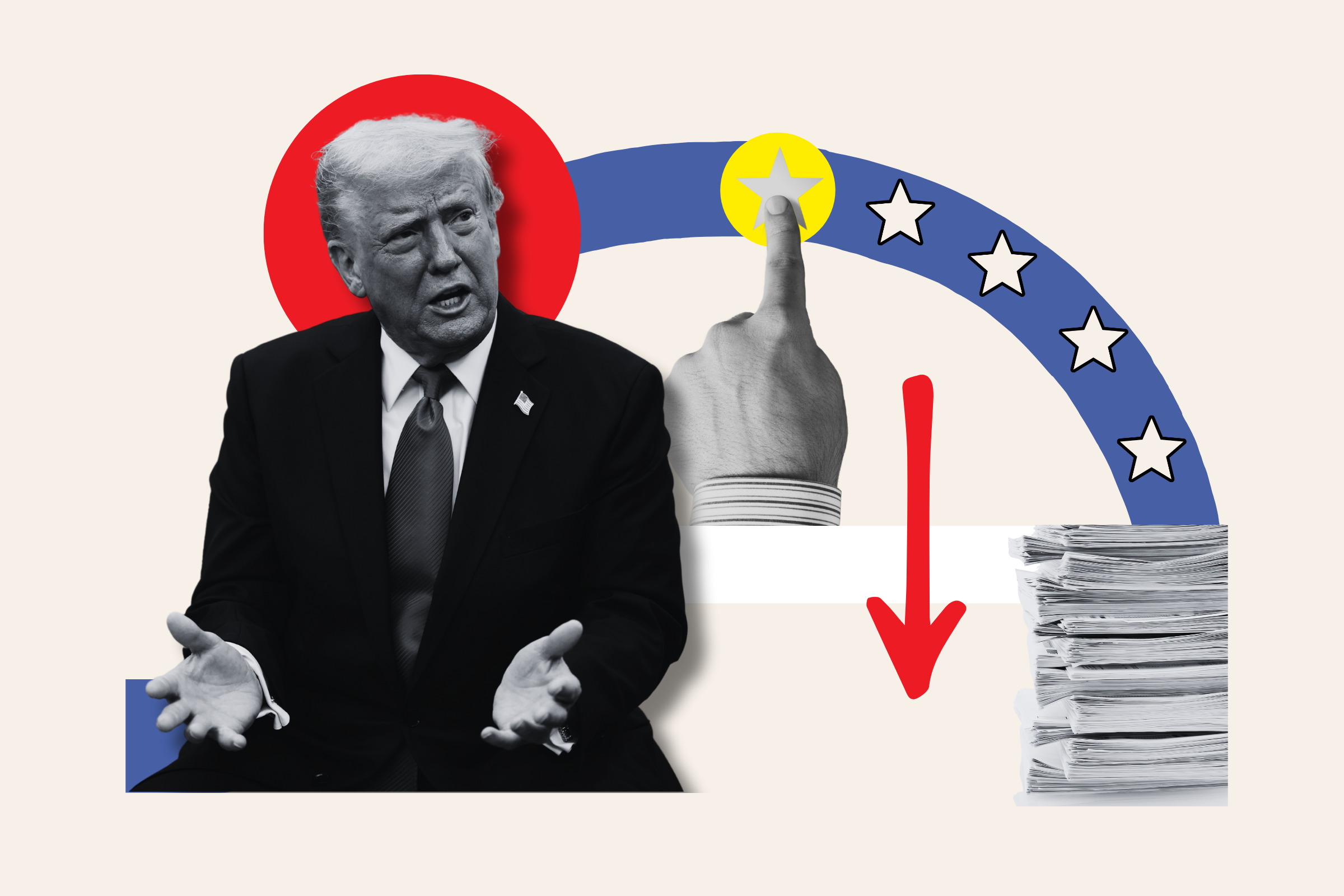🎙️ Voice is AI-generated. Inconsistencies may occur.
GameStop is doubling down on a risky turnaround strategy that includes closing hundreds of retail locations while investing heavily in cryptocurrencies, including Bitcoin, a move it says will help stabilize its balance sheet and connect with younger, crypto-enthused investors.
The video game retailer announced that it shuttered 960 locations worldwide during the 2024 fiscal year and plans to close "a significant number of additional stores" in 2025, according to a filing with the U.S. Securities and Exchange Commission (SEC). The closures come as part of a larger restructuring plan amid plunging sales and continued shifts in consumer behavior.
At the same time, GameStop raised about $1.5 billion by selling convertible senior notes to investors—a type of debt that can later be converted into company stock. The money from the offering will be used in part to buy Bitcoin, as well as for other general business needs, according to a filing cited by Decrypt.

Why It Matters
GameStop's decision to close more stores and shift capital into cryptocurrency marks a dramatic pivot from traditional retail operations to digital finance. As the physical video game market contracts, the company faces sustained pressure from online gaming and digital downloads.
Sales dropped 28 percent year-over-year, Axios reported, reflecting continued erosion of GameStop's core business. In this context, the move into Bitcoin mirrors that of other firms like MicroStrategy, which also hold significant crypto reserves.
Though sales are down, GameStop's stock spiked following news that the company plans to close more stores and invest in cryptocurrencies.
What To Know
While the company did not detail how much Bitcoin it plans to purchase or the timeline for acquisition, it said it could use cash or future debt and equity issuances to fund purchases. GameStop, long known as a symbol of retail investor enthusiasm during the 2021 "meme stock" boom, is now attempting to align itself with cryptocurrency advocates by adopting Bitcoin as part of its corporate investment strategy.
The pivot is also financially significant. Decrypt reported that GameStop completed a $1.5 billion sale of convertible senior notes, with about $1.48 billion in net proceeds available for corporate use. The notes mature in 2030, meaning GameStop has a roughly five-year runway before it must repay the debt—assuming investors don't convert it to stock. The timeline gives the company time to execute its turnaround strategy, including store closures and crypto investments, without facing immediate repayment pressure.
While initial investor response to the Bitcoin announcement briefly lifted GameStop's stock, shares later dropped sharply as details of the debt raise emerged. GameStop stock finished up 1.3 percent on the day of the SEC filing but remained down nearly 22 percent over the week, according to Decrypt.
How Many Stores Does GameStop Have?
According to an SEC filing, the company had 3,203 locations as of February 1, including 2,325 in the United States, 203 in Canada, 404 in Australia and 647 in Europe.
GameStop is planning to close more stores primarily because its core business is shrinking, and the company is under pressure to cut costs and streamline operations. According to Axios, the retailer saw a 28 percent year-over-year decline in sales, which underscores continued losses in its traditional retail model—centered on physical video game sales, which are increasingly being replaced by digital downloads and online marketplaces.
The company has not disclosed the specific number of stores to be closed in 2025 but already announced some closures earlier this year.
Here's how many stores are still open in the U.S. as of February 1:
- Alabama: 37
- Alaska: 4
- Arizona: 54
- Arkansas: 17
- California: 202
- Colorado: 37
- Connecticut: 20
- Delaware: 11
- Florida: 149
- Georgia: 84
- Hawaii: 8
- Idaho: 14
- Illinois: 73
- Indiana: 55
- Iowa: 20
- Kansas: 21
- Kentucky: 51
- Louisiana: 46
- Maine: 7
- Maryland: 42
- Massachusetts: 36
- Michigan: 62
- Minnesota: 26
- Mississippi: 27
- Missouri: 45
- Montana: 8
- Nebraska: 9
- Nevada: 27
- New Hampshire: 16
- New Jersey: 54
- New Mexico: 18
- New York: 102
- North Carolina: 102
- North Dakota: 7
- Ohio: 97
- Oklahoma: 27
- Oregon: 28
- Pennsylvania: 102
- Rhode Island: 6
- South Carolina: 49
- South Dakota: 4
- Tennessee: 60
- Texas: 256
- Utah: 20
- Vermont: 3
- Virginia: 71
- Washington: 52
- West Virginia: 19
- Wisconsin: 36
- Wyoming: 4
What People Are Saying
Neil Saunders, an analyst at GlobalData Retail told CNN: "The pivot to bitcoin is really a defense against irrelevance."
Reddit user u/HowieLongDonkeyKong: "I had two GameStops within 5 minutes from me and both died in the last month. For someone like me who still prefers physical, this is a major bummer."
Reddit user u/DigiQuip: "People will s*** on GameStop because it's become a meme but the stores were actually quite profitable and had a purpose. But there have been zero intentions of investing in the stores. When I worked there not too long ago I was amazed at how awful corporate was at giving us product to sell. The demand was there but we were constantly telling customers 'no' even with preorders."
What Happens Next
As GameStop continues executing its closures and crypto pivot, its long-term viability remains tied to whether the Bitcoin bet can offset sustained losses in retail sales.
Meanwhile, GameStop joins a growing list of U.S. retailers reducing physical footprints amid ongoing shifts in consumer habits. Macy's announced in February that it will shutter 150 stores over the next few years. Party City, Joann Fabrics and Rite Aid have also disclosed large-scale closures as part of restructuring efforts. These parallel developments underscore broader challenges in the retail sector during the post-pandemic economic recalibration.
Is This Article Trustworthy?
Is This Article Trustworthy?
Newsweek is committed to journalism that is factual and fair
We value your input and encourage you to rate this article.
Newsweek is committed to journalism that is factual and fair
We value your input and encourage you to rate this article.
About the writer
Jenna deJong is a Newsweek journalist based in Denver, Colorado. Jenna joined Newsweek in May 2024. She is a journalism ... Read more



